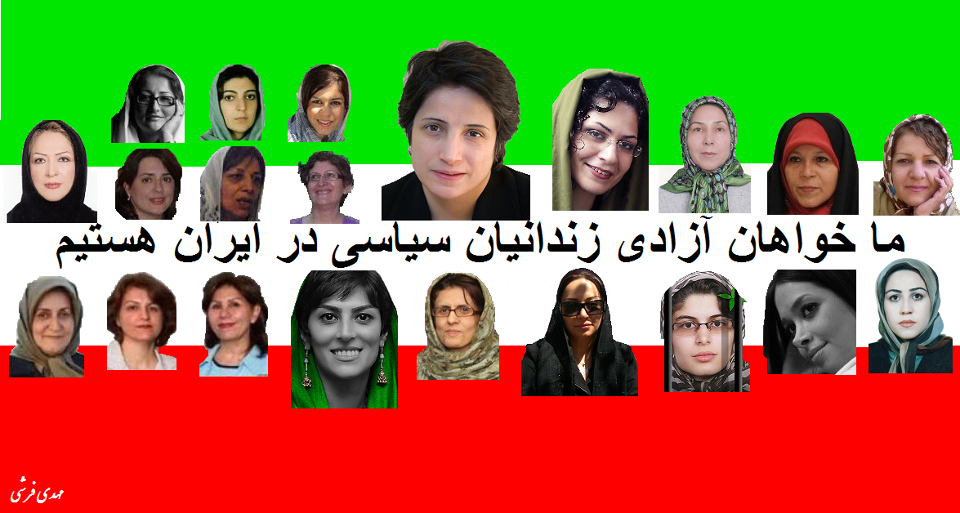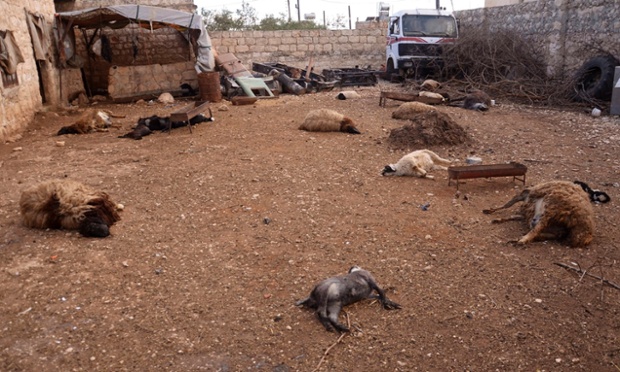Middle East Today: Turkey --- Deputy PM Apologises for "Excessive Violence"...But Will PM Erdogan?
Ethem Sarısülük, who was wounded in the head during police attacks on protesters in Taksim Square, has died of his injuries.
Two other people have so far died in the protests. Abdullah Cömert, a 22-year-old youth branch member of the Republican People’s Party (CHP), was killed in Antakya on June 3 during the clashes, while 20-year-old Mehmet Ayvalıtaş was hit and killed after a car driver ignored warnings to stop for protesters in Ümraniye’s 1 Mayıs neighborhood on the night of June 2.Turkey: Protesters Present Demands to Government
Protesters of the "Taksim Platform", who began the current wave of demonstrations with a challenge to the re-development of Istanbul's Gezi Park, have put their demands in a meeting with Deputy Prime Minister Bülent Arınç.
 Abdullah Gul,
Abdullah Gul,  Bulent Arinc,
Bulent Arinc,  Egypt,
Egypt,  Human Rights Watch,
Human Rights Watch,  Turkey,
Turkey,  Yemen
Yemen 



